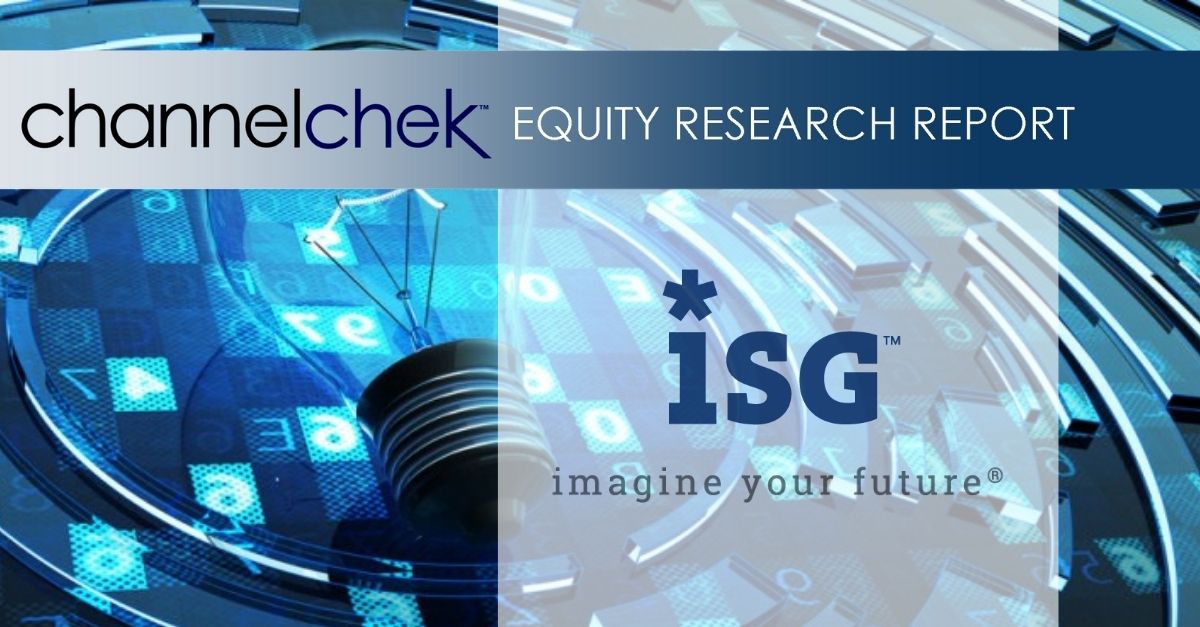Investors are discovering that artificial intelligence (AI) is no longer a guaranteed driver of stock market gains. What once lifted technology stocks across the board has increasingly become a source of volatility, forcing a reevaluation of valuations across multiple sectors.
The surge in AI enthusiasm contributed to a strong U.S. bull market, with gains in technology companies and firms tied to data center expansion. Many investors anticipated that 2026 would mark the point when AI-driven efficiency would translate into measurable bottom-line growth.
Recent developments, however, reveal that AI’s impact is more nuanced. Concerns over the disruptive potential of the technology are affecting sectors beyond software, including legal services, wealth management, and insurance. Questions about the scale and timing of AI capital spending are placing pressure on the share prices of major companies.
Early 2026 has already seen headline-driven market swings. The introduction of AI-powered tools by software startups triggered selling in established software stocks, contributing to a notable decline in the S&P 500 software and services index. Wealth management and insurance firms also experienced losses following the rollout of AI-enabled financial and comparison tools.
Even leading technology stocks have faced headwinds. Declines in stock prices reflect investor concern that high AI-related expenditures may not yield adequate returns. At the same time, some analysts see opportunity in these drops, as valuations for software and services have fallen to their lowest levels in nearly three years, suggesting potential value for patient investors.
The speed of AI adoption has made it challenging for companies to demonstrate the full impact of their investments on earnings. Investors are increasingly looking for firms with strong competitive advantages—economic “moats”—as a way to distinguish sustainable winners from overhyped names.
The AI trade lifted technology stocks for much of 2025, contributing to a third consecutive year of double-digit returns for the S&P 500. Entering 2026, optimism about corporate earnings—expected to rise more than 14%—and potential interest rate cuts provided additional support for equities. However, AI-driven volatility has highlighted the importance of selective stock picking, with a focus on avoiding companies vulnerable to significant setbacks.
In summary, while AI remains a powerful engine for growth, it is increasingly clear that its influence can cut both ways: creating opportunities for companies positioned to capitalize on the technology while introducing risk for those unprepared for rapid disruption. Investors navigating this landscape must balance optimism with caution, identifying firms that combine AI adoption with solid fundamentals to maximize potential returns.













